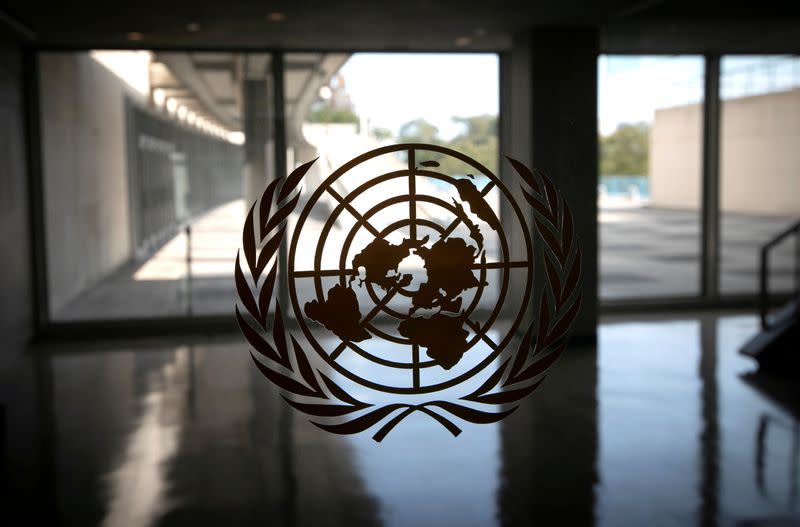
By Emily Rose
JERUSALEM (Reuters) – Israel said it had summoned the Ukrainian ambassador for a dressing down on Tuesday, after Kyiv voted in favour of a resolution to open an international probe into Israel’s prolonged occupation of the West Bank.
The resolution, approved at U.N. headquarters in New York last week, asks that the International Court of Justice (ICJ) “urgently” weigh in on Israel’s “prolonged occupation, settlement and annexation of the Palestinian territory”, which it said were violating the Palestinians’ right to self-determination.
Israel “expressed its dissatisfaction” with Ukraine’s decision to vote in favour of the resolution in a conversation with Ambassador Yevgen Korniychuk, according to a statement released by the Israeli foreign ministry on Tuesday.
“It was clarified to the ambassador that this behaviour does not embody friendly behaviour,” the statement said.
In a statement about the meeting on Facebook, the Ukrainian embassy in Israel wrote: “The ambassador expressed disappointment with the position of Israel, whose representative abstained during the vote in the U.N. General Assembly on the issue of Russian reparation payments to Ukraine.”
While the Israeli statement said the ambassador had been “summoned”, Ukraine said the meeting had been prearranged and was not a summons.
Israel captured the West Bank, Gaza and East Jerusalem – areas that Palestinians want for a state – in a 1967 Middle East war. U.S.-sponsored negotiations stalled in 2014.
The resolution was adopted by the U.N.’s decolonization committee after a vote, with 98 countries voting in support, 17 against and 52 abstentions.
At the committee’s meeting on Thursday, the U.S. deputy representative to the United Nations, which voted against the resolution, said that an ICJ advisory opinion was “counterproductive and will only take the parties further away from the objective we all share of a negotiated two-state solution”.
The ICJ last weighed in on the conflict in 2004, when it ruled that the Israeli separation barrier was illegal. Israel disputes this.
(Reporting by Emily Rose; Editing by Alex Richardson)




